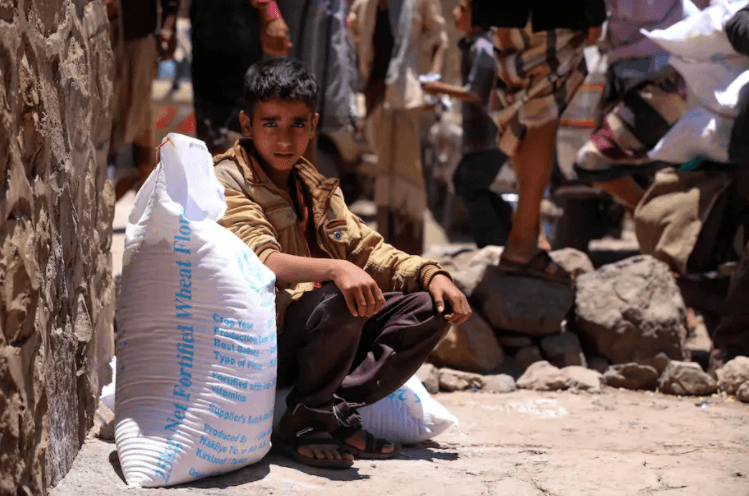By Ida Rudolfsen and Halvard Buhaug
Last week, the Norwegian Nobel Committee named this year’s Nobel Peace Prize winner, recognizing the World Food Program (WFP) for “for its efforts to combat hunger, for its contribution to bettering conditions for peace in conflict-affected areas and for acting as a driving force in efforts to prevent the use of hunger as a weapon of war and conflict.”
With the World Health Organization under pressure and countries such as the United States emphasizing isolationism over international collaboration, this year’s Nobel Peace Prize is a push for “international solidarity and multilateral cooperation,” the head of the Norwegian committee said. It is not surprising, therefore, that last week’s announcement was met with near-universal praise, with commentators describing the award as “highly deserved” and “badly needed.”
But is there a direct relationship between combating hunger and building peace? Our research helps explain why these linkages are so complicated.
Global hunger is on the rise
After a steady decline in the prevalence of global undernourishment, the trend has deteriorated in recent years. The covid-19 pandemic is making things worse. WFP estimates that without international assistance, the number of acutely food-insecure people in high-risk countries may nearly double (from 149 million to 270 million) before the end of the year.
Read the full analysis here: https://www.washingtonpost.com/politics/2020/10/13/world-food-programme-won-nobel-peace-prize-does-food-aid-boost-peace/
